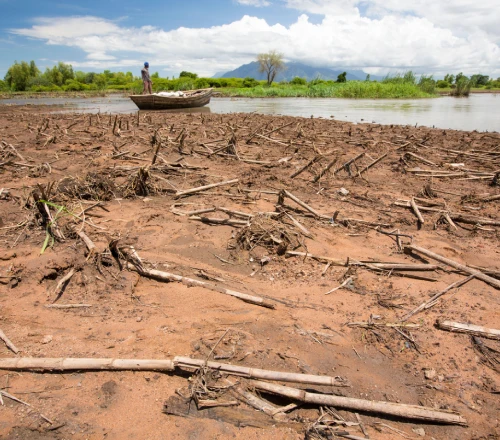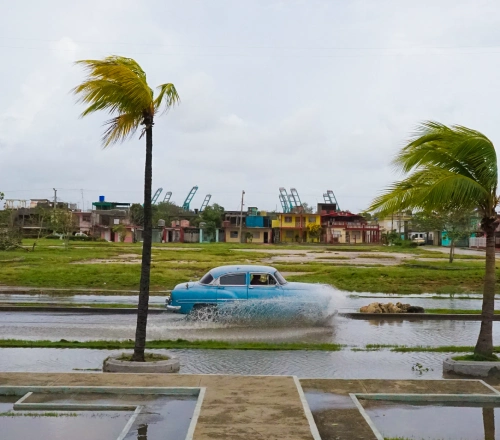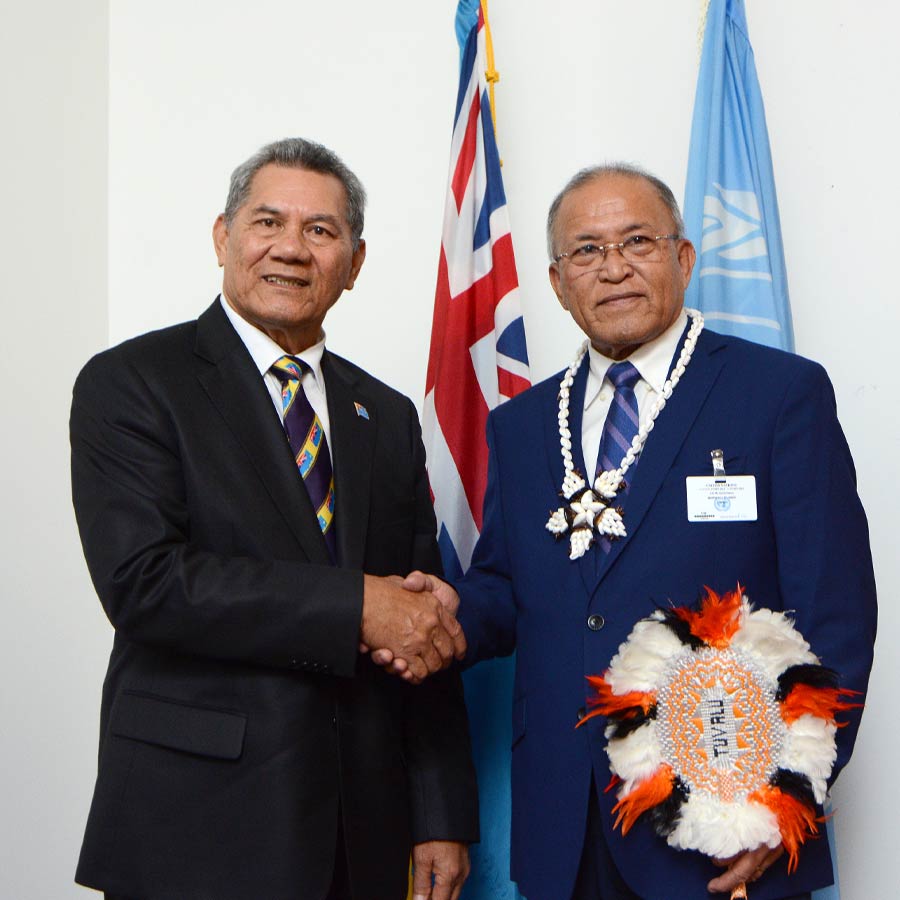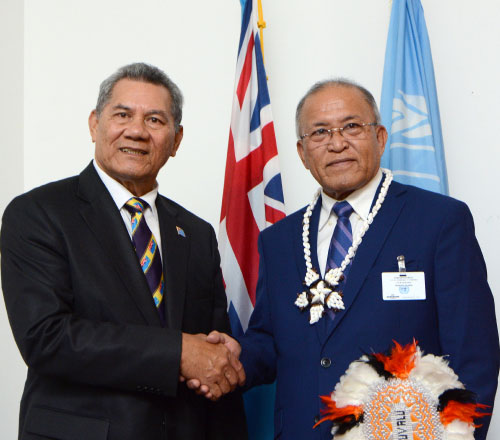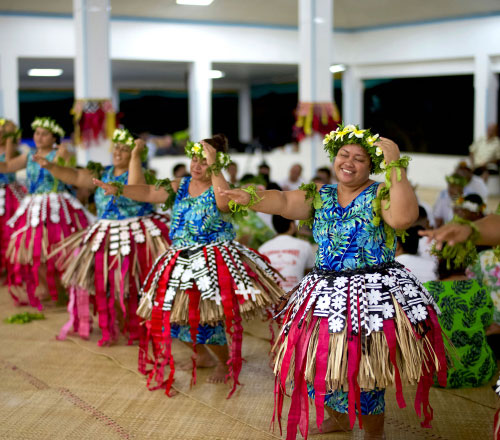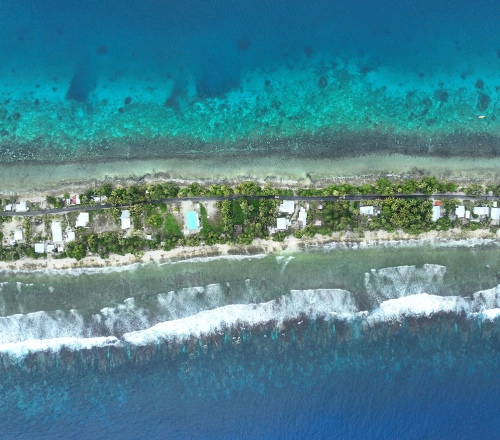The Global Centre
for Climate Mobility
The Global Centre for Climate Mobility is a global partnership to address climate-forced migration and displacement in the world’s most climate vulnerable regions.









Join the Climate Mobility Pavilion at COP29
Who Will Help Preserve Our Nations?
Ideas article for TIME Magazine by H.E. Kausea Natano, Prime Minister of Tuvalu.
Migration could help people adapt to the impacts of climate change in Africa
For the London School of Economics by Dr. Nick Simpson and Sarah Rosengärtner
Channel 4 News – How to move a whole country
Channel 4 News highlights the existential threats posed by rising sea levels to Tuvalu.
Africa Climate Mobility Report
African Shifts, presents an analysis of current and potential future climate mobility dynamics in the continent, and an agenda vision for people positive adaptation.
The Economist – Climate Mobility: What to do?
What can countries do to prepare for climate mobility?
Introduction
Regional Climate Mobility Initiatives
Africa Climate
Mobility Initiative
Greater Caribbean
Climate Mobility Initiative
Pacific Climate
Mobility Initiative

Middle East
Southeast Asia
Africa
Greater Caribbean
Pacific
Rising Nations Initiative
Global Call
for Action
The Global Call for Action aims to support Pacific Atoll states in promoting global awareness and mobilizing global action. It also supports partnerships to deepen the knowledge base for effective adaptation planning and informed policymaking, including efforts to address the habitability of the atolls.

